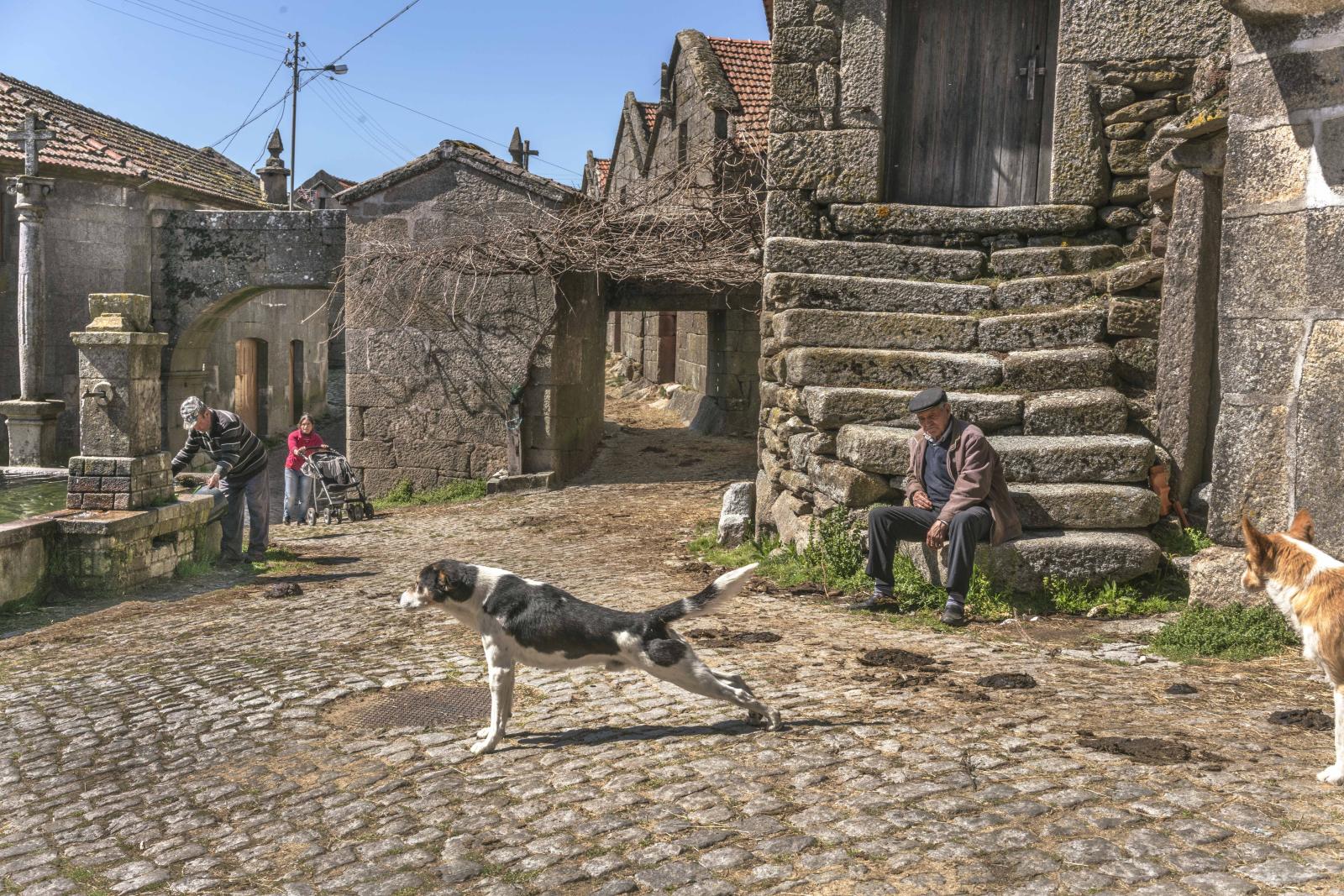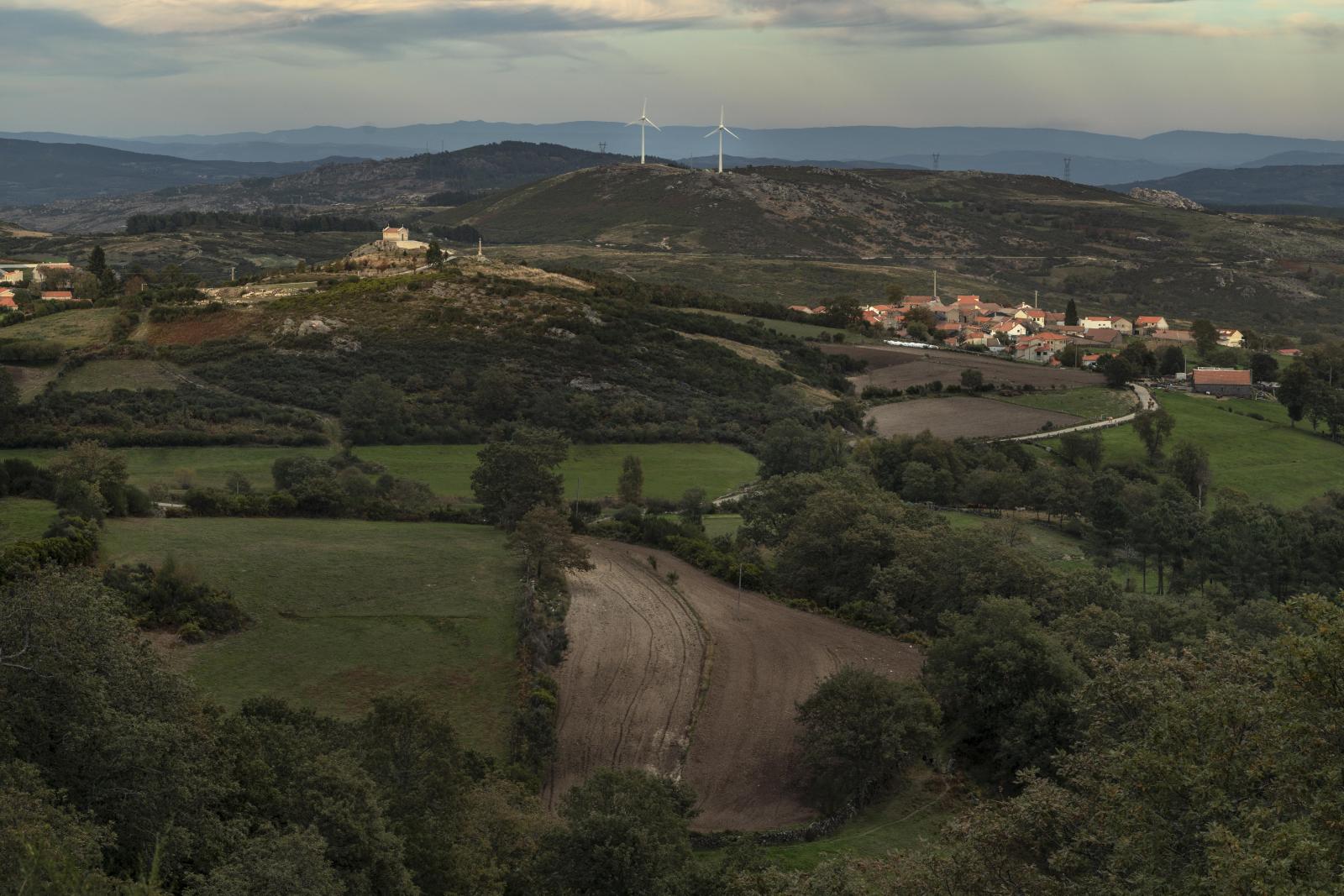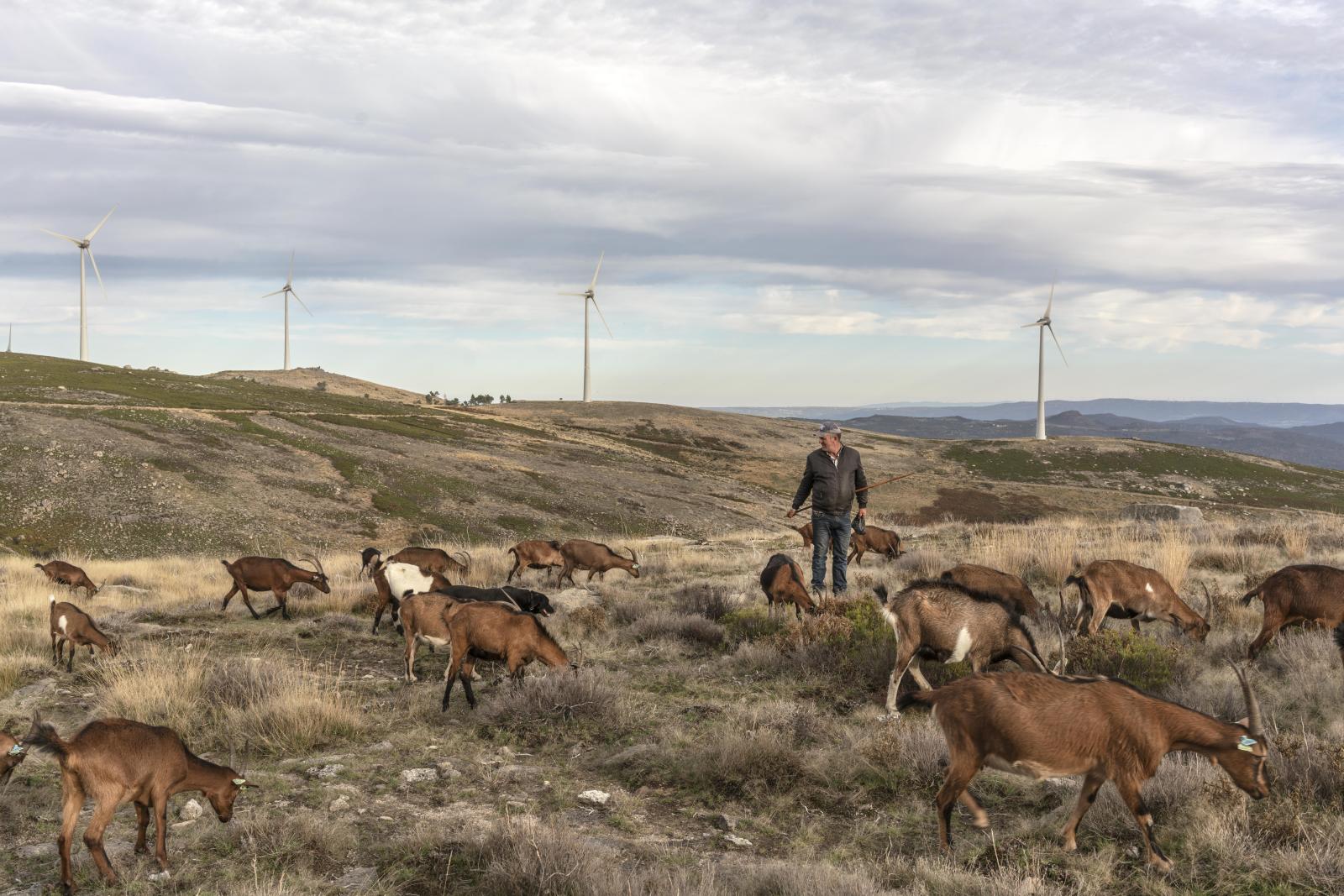Private Story
Portugal: The Lithium Dilemma
Summary
As Europe belatedly joined the race to lead the electric mobility revolution, a unique corner of Portugal saw itself under the spotlight. Long neglected by its government, the Barroso region was still savoring the thrill of being denominated a Globally Important Agricultural Heritage System (GIAHS) by the Food and Agriculture Organization of the United Nations when it discovered authorities in Lisbon were granting mining concessions for its large lithium deposits. It chose to resist, a fight that's splitting communities and raising questions about who bears the price of the energy transition.
The news of the mines came just a few months after I started photographing there, attracted by the GIAHS designation. It distinguishes areas "characterized by remarkable agrobiodiversity, traditional knowledge, invaluable cultures, and landscapes, sustainably managed by farmers, herders, fisherfolk, and forest people in ways that contribute to their livelihoods and food security”.
The Barroso belongs to the Trás os Montes region in northern Portugal, the poorest in the country, a place from where many migrated to Brazil, a former Portuguese colony. Among those was my great-grandfather.
In 2017 I did the reverse journey, moving from Brazil to Portugal in search of a healthier lifestyle than the one I had in my hometown of Rio de Janeiro, or in Brazil’s biggest metropolis, São Paulo, where I lived for many years. Air pollution made me leave São Paulo, and violence and burnout made me leave Rio.
Hearing about the recently given designation to the Barroso made me curious to know more about this part of my family’s origins. The region I encountered was almost idyllic, a life deeply in synch with the rhythms of nature on a stunning landscape. It was a sharp contrast to the routine I left behind in Brazil.
It took some time to gain the trust of residents, not used to the presence of outsiders. But once the doors opened, they only closed to keep out the cold while we sat around tables full of food and joyous conversation. Like everywhere, they have a fair share of problems and grievances, which they loved to share with me. Farming is hard work; the social dynamics of village life can be difficult; the weather sometimes unforgiving; providing services for them is not a priority for their government. But most that I met were keenly aware of the upsides of their lifestyle.
In a region suffering from a steady loss of population, whose young often migrate in search of jobs and better opportunities, they were the ones who chose to stay.
The GIAHS recognition was a big booster for the image of the Barroso and the reputation of its products. Also to the self-esteem of its residents, who are often looked down on as unsophisticated hillbillies by the country’s urban elites.
The Covid pandemic only reinforced this changed perception, giving a new appeal to one existence many considered an obsolete relic from the past.
The news of the mines brought an enormous level of anxiety to their lives. It also posed a challenge to their strong community bonds, which are essential for their resilience in a place where life can be difficult.
Many chose to resist them, which is not a natural move in a country where civil society activism is rare and conflict is avoided as much as possible.
Mining has a long history in the region, but one that does not elicit fond memories. Most mines closed years ago without leaving any prosperity, only scars in parts of the landscape that abandoned wells and tunnels, now hidden by vegetation, make it too dangerous for humans or animals to roam through.
Those resisting the mines (polls show a majority of residents of the Barroso oppose them) are often getting in conflict with neighbors and relatives to do so. But what they resent the most are accusations by the rest of the country of being selfish and an obstacle to progress, one narrative that authorities encourage and part of the press embraces. One-quarter of the energy produced in Portugal comes from the region’s rivers, dammed by hydroelectric power plants, or its landscape, dotted with hundreds of wind turbines. Little of the revenues generated benefits the area.
More mines are soon to follow. Portugal has some of the largest lithium deposits in Europe. The government hopes to make the country a part of the supply chain for the growing European electric mobility industry. It recently announced an international tender for other mining concessions around the country. Most of those in regions similar to the Barroso: rich in nature and poor in political power.
Closely following the struggle of the residents to find a way to stop the mines, learning how to become activists pretty much on their own, made me confront several complex questions. As an individual, a journalist, a consumer, and a citizen of a democracy, someone with the power to shape policy with my vote. The conflict was better summarized by a question posed to me by Aida Fernandes, the leader of a group of residents in the village of Covas do Barroso desperately trying to halt the construction of what will likely be the first mine to start operations, a mere 500 meters from their village: “Why should be us the ones who have to give up our lifestyle, which is healthy and sustainable, so those in the cities that are the main cause of our environmental problems can keep theirs?”.
My project aims to bring to discussion on whose shoulders falls the burden of the necessary search for a new way to power the world, a quest that so far centers on replacing one raw material whose extraction causes enormous environmental and social harm with other materials equally damaging to extract.
The Visura Grant would allow me to document the impact felt on the Barroso as the first mine begins operation. It would also give me the resources to visit some of the communities affected by the new mining concessions. Many of those, inspired by the resistance of the residents of the Barroso, are preparing to fight them as well.











































